
In our review, now online @cp-neuron.bsky.social, we discuss the recent findings on #cancerneuroscience of #brainmetastases:
Learn all about how #cancer cells adapt to, and communicate with, this unique environment 🧠
In our review, now online @cp-neuron.bsky.social, we discuss the recent findings on #cancerneuroscience of #brainmetastases:
Learn all about how #cancer cells adapt to, and communicate with, this unique environment 🧠
The two EMBL Heidelberg group leaders have received ERC Starting Grants that will enable ambitious projects related to developmental timing and tissue self-organisation, respectively.
Learn more: www.embl.org/news/awards-...

The two EMBL Heidelberg group leaders have received ERC Starting Grants that will enable ambitious projects related to developmental timing and tissue self-organisation, respectively.
Learn more: www.embl.org/news/awards-...


www.nature.com/articles/s41...
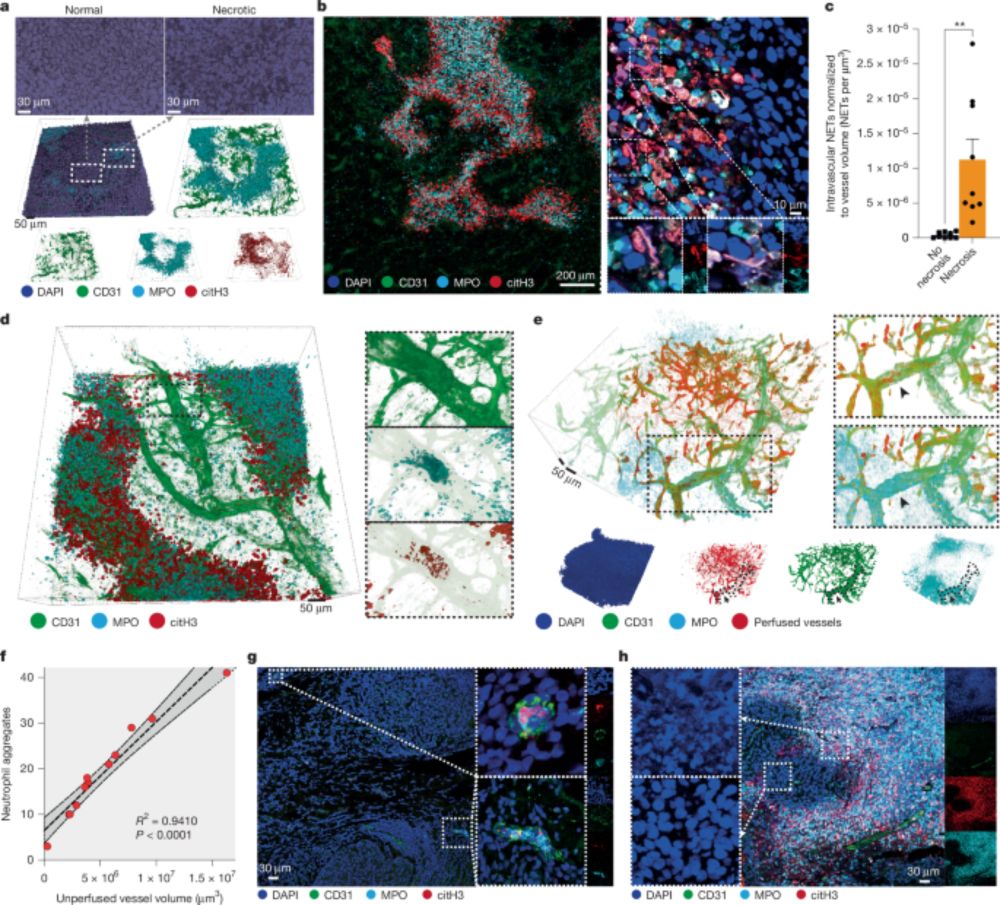
www.nature.com/articles/s41...
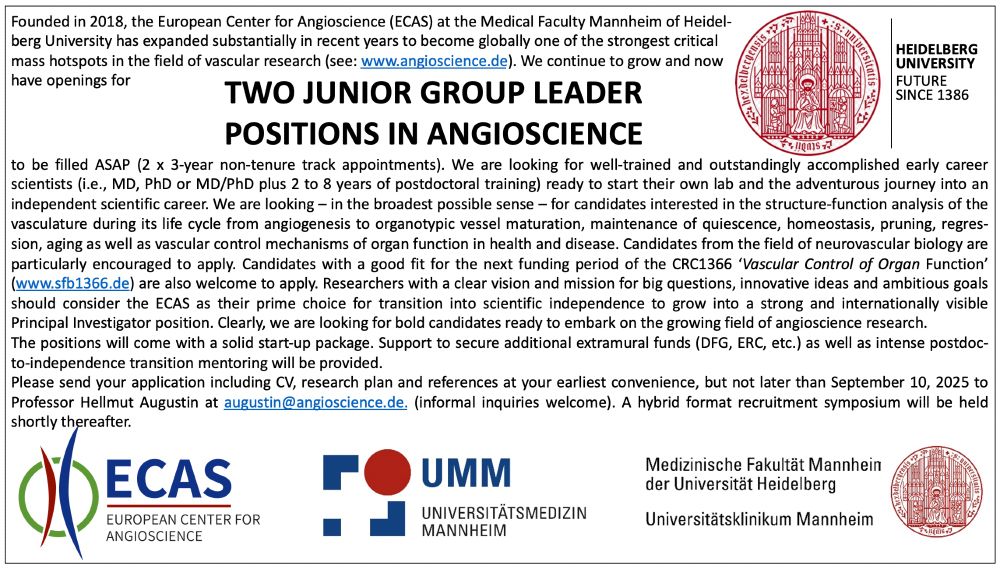
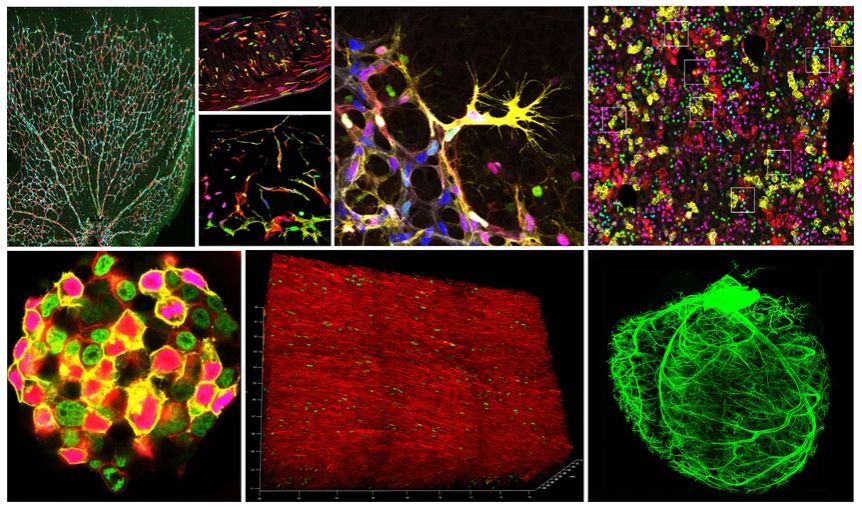

Amazing work by Roberto Würth and team at @hi-stem and @dkfz.bsky.social
Congrats! 🎉🎉
"Circulating tumor cell plasticity determines breast cancer therapy resistance via neuregulin 1–HER3 signaling"
✏️by Roberto Würth & Andreas Trumpp and team
🔗https://www.nature.com/articles/s43018-024-00882-2?utm_source=bluesky&utm_medium=social&utm_campaign=natcancer

Amazing work by Roberto Würth and team at @hi-stem and @dkfz.bsky.social
Congrats! 🎉🎉
bit.ly/4blKSqa
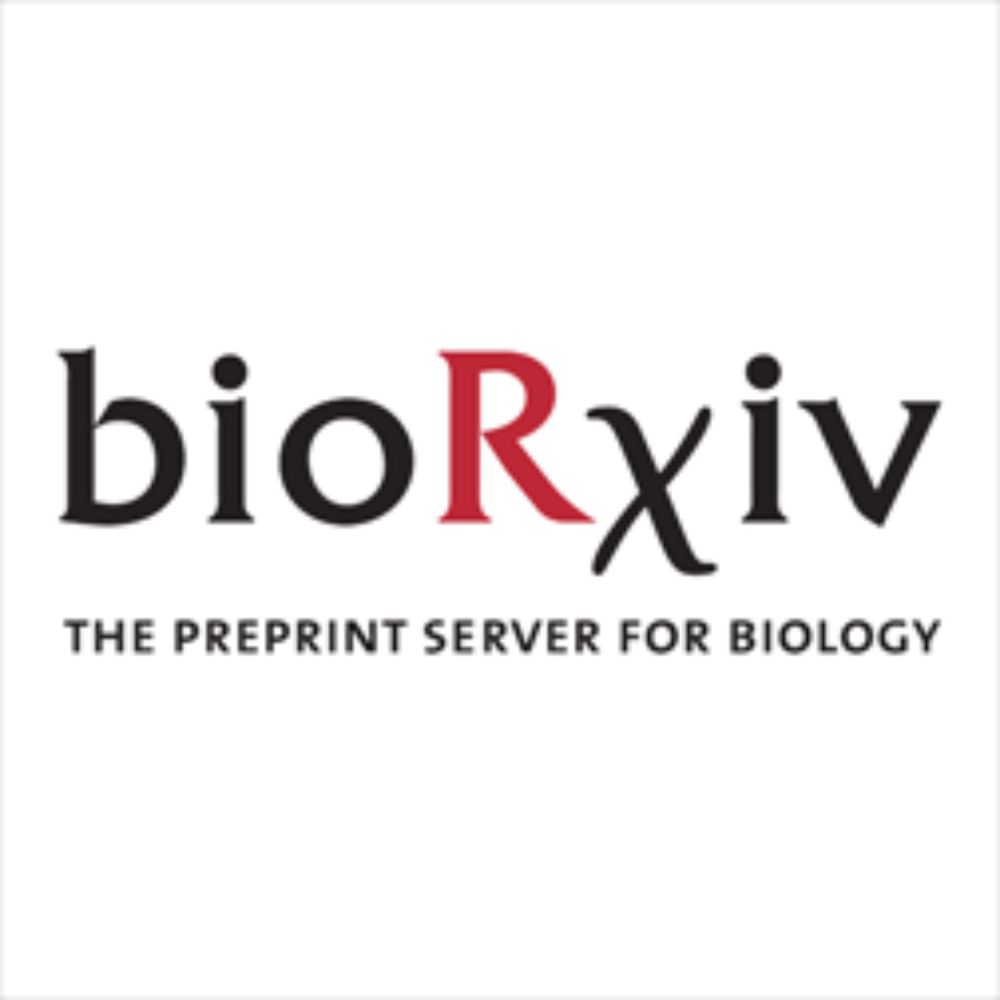
bit.ly/4blKSqa
We provide the first single-cell data on neurons infiltrating pancreatic tumors, offering new insights into cancer therapy. #cancerneuroscience @cn-hd.bsky.social
www.nature.com/articles/s41...
We provide the first single-cell data on neurons infiltrating pancreatic tumors, offering new insights into cancer therapy. #cancerneuroscience @cn-hd.bsky.social
www.nature.com/articles/s41...
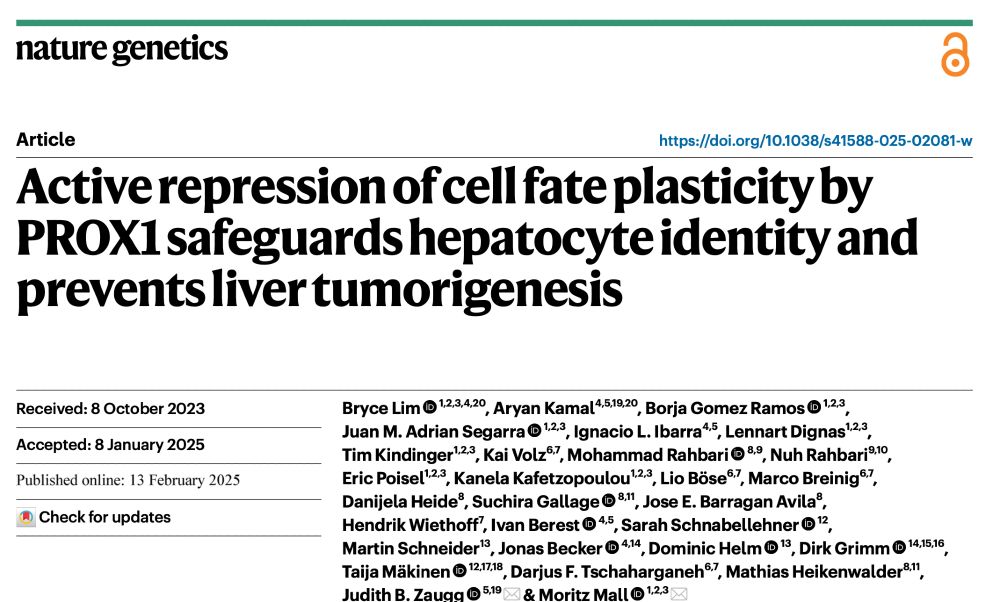
Nature is keen to find out how scientists are using Bluesky and whether it has become their go-to social-media platform. Take the survey! 🧪

Nature is keen to find out how scientists are using Bluesky and whether it has become their go-to social-media platform. Take the survey! 🧪


